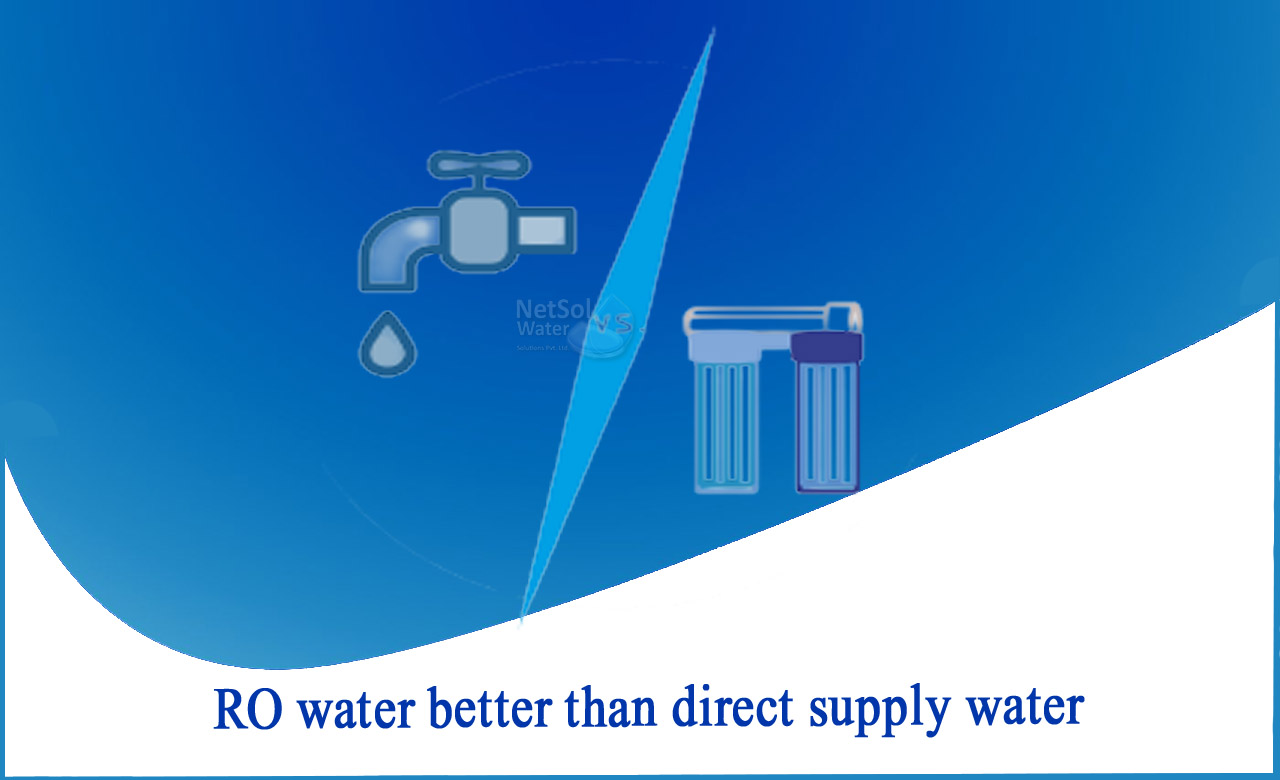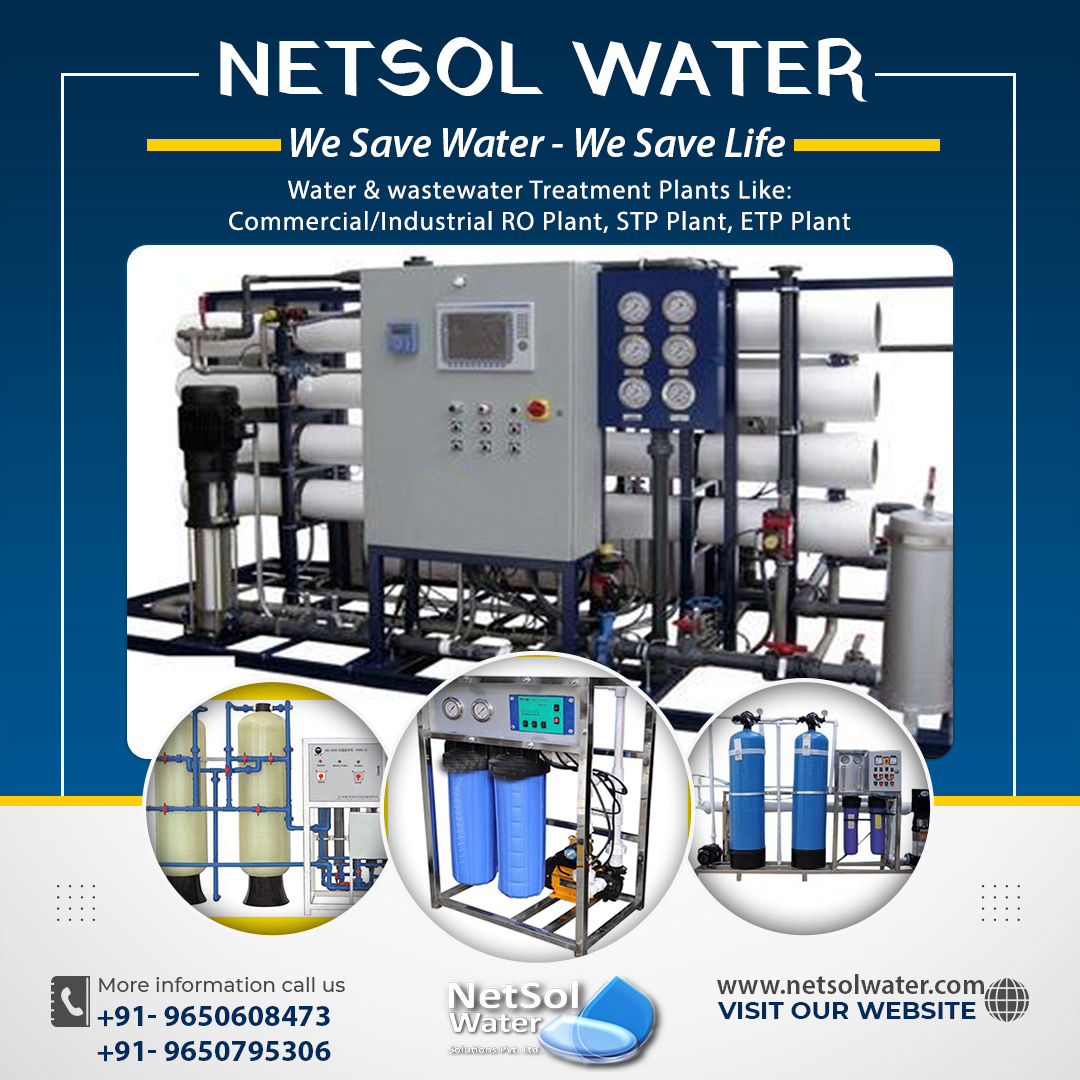Water from the tap is used for a variety of purposes in the home. To wash your hands, dishes, and vegetables, simply turn on the faucet. You can return to the faucet to fill a pot for cooking. Many individuals also utilise their kitchen sink as a source of drinking water.
WHY ITS’S IMPORTANT TO TREAT TAP WATER?
First and foremost, if one have well water, one should test it at least once a year to see if there are any toxins or other concerns that are prevalent with problem water. A local water expert can help user to choose a treatment plant based on what user learns, which normally includes a drinking water system and, if necessary, a whole-house filtration system.
Even if user's water comes from a regulated public water supply, user may still wish to treat it. This is why:
1- DISTRIBUTION SYSTEMS AND EMERGING CONTAMINANTS:
While federal and local organisations maintain regulations for public water systems in India, and municipal water is typically safe, there are some possible hazards that are not covered by these safeguards.Drinking water may have problems after leaving treatment facilities due to pipe breaks, corrosion, or the presence of lead in service lines and residential fixtures. Furthermore, certain authorities have not yet created enforceable criteria for new pollutants. PFOA and PFOS are two of these chemicals.
2- TASTE AND AESTHETIC CONCERNS:
Filtration systems can improve the taste of water as well as solve issues that are considered aesthetic concerns, such as look and odour, even if they do not pose any health risks.
HOW TO TREAT TAP WATER: TAP WATER FILTERS?
Installing a simple faucet-mounted tap water filter is a popular approach for filtering drinking water at home. These items have both advantages and disadvantages.
BENEFITS OF FAUCET- MOUNTED WATER FILTERS FOR TAP WATER
The majority of these devices are simple to set up. You might be able to connect them to your faucet without any help or assistance. Tap water filters that attach to the faucet are usually affordable. They aren't, however, a comprehensive solution.
TAP WATER FILTER SYSTEM TECHNIQUES AND LIMITATIONS
Activated carbon is commonly used in kitchen tap water filters, though they may also use other filter media.Carbon filters are most commonly used to reduce the taste and odour of chlorine in drinking water.Activated carbon filters can also remove volatile organic chemicals, some pesticides, and petroleum-related compounds, according to the Water Quality Association (WQA), while some block filters can also remove lead, asbestos, and some microorganisms. However, they have no effect on viruses, bacteria, arsenic, or dissolved solids.
HOW TO TREAT TAP WATER: REVERSE OSMOSIS FILTRATION SYSTEM
Water is also treated at the point of use with reverse osmosis (RO) filtering devices. These devices, which are typically put beneath the sink, can handle a broader range of water issues than basic tap filters (and water filter pitchers).
BENEFITS OF RO SYSTEM FOR DRINKING WATER
RO systems have a number of benefits, and they're one of the most efficient ways to treat your water for a wide range of toxins and impurities, including:
1- Lead
2- Arsenic
3- Dissolved minerals
4- Bacteria and viruses
5- VOCs (volatile organic compounds) (VOCs)
AN INVESTMENT FOR USER’S FAMILY
There are a range of RO systems available, including tankless choices and smart systems, to ensure that you have rapid access to a limitless supply of delicious drinking water. These comprehensive systems may also include features such as water use tracking, digital monitoring, and professional servicing to make maintenance simple and straightforward.




